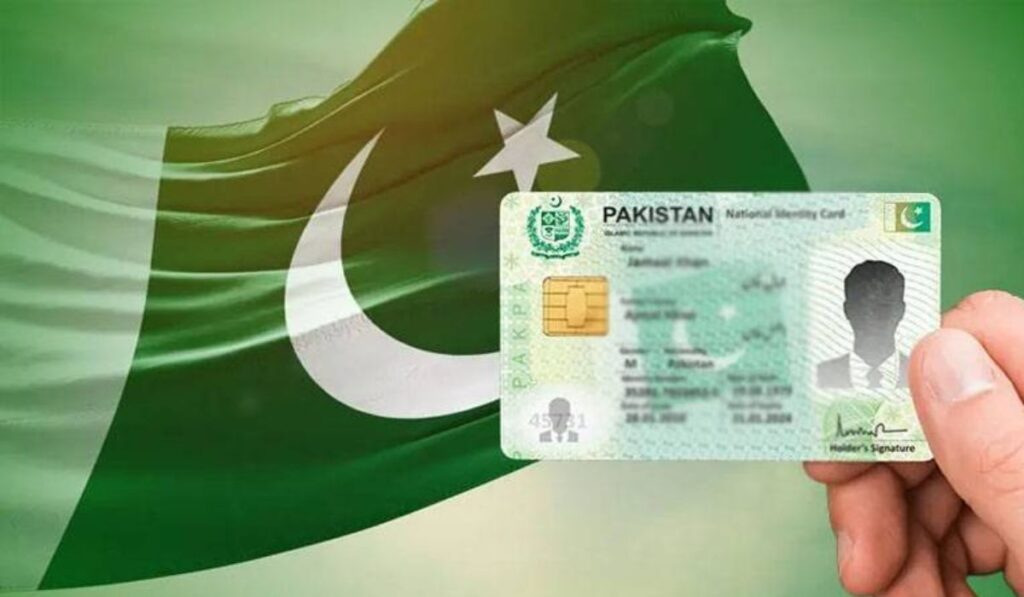Islamabad, 29 Apr, 2025: Pakistan’s National Database and Registration Authority (NADRA) has issued a public advisory urging citizens to stop photocopying their Computerised National Identity Cards (CNICs) unless absolutely essential.
The advisory comes as part of NADRA’s wider campaign to curb identity theft and protect citizens’ personal information.
In its official communication, NADRA clarified that photocopies of CNICs are not legally required for most routine administrative tasks, including form submissions and service registrations.
Read More: Singapore Tightens Work Visa Rules for Foreign Workers
Citizens are instead encouraged to present their original CNICs when needed, along with other supporting documents.
The advisory draws attention to the increasing number of fraud cases where criminals, often posing as officials, deceive individuals into sharing their personal data.
These scams typically involve promises of financial aid, prize money, or job opportunities, through which fraudsters obtain CNIC copies and biometric information, such as fingerprints, for unlawful use.
NADRA raised specific concerns about fraudulent activities occurring even at registration centres, where unsuspecting individuals may be approached by impostors.
Read More: Poland and Hungary Tighten Work Visa Rules for Foreign Nationals
Citizens have been advised to remain cautious and avoid submitting their CNICs as a guarantee or collateral for any type of offer or benefit.
According to NADRA, the practice of submitting photocopies without verifying the source or reason creates opportunities for identity misuse.
By discouraging unnecessary duplication of CNICs, the authority aims to strengthen data protection protocols and ensure better security for personal information.
The initiative reflects NADRA’s continued efforts to address growing digital threats and reinforce trust in its systems.
The public has been asked to report any suspicious activity and to only deal with verified officials during any NADRA-related interaction.
This move is seen as a step towards safeguarding the identity of millions of Pakistanis, reinforcing the message that caution and awareness are key to preventing data exploitation.
